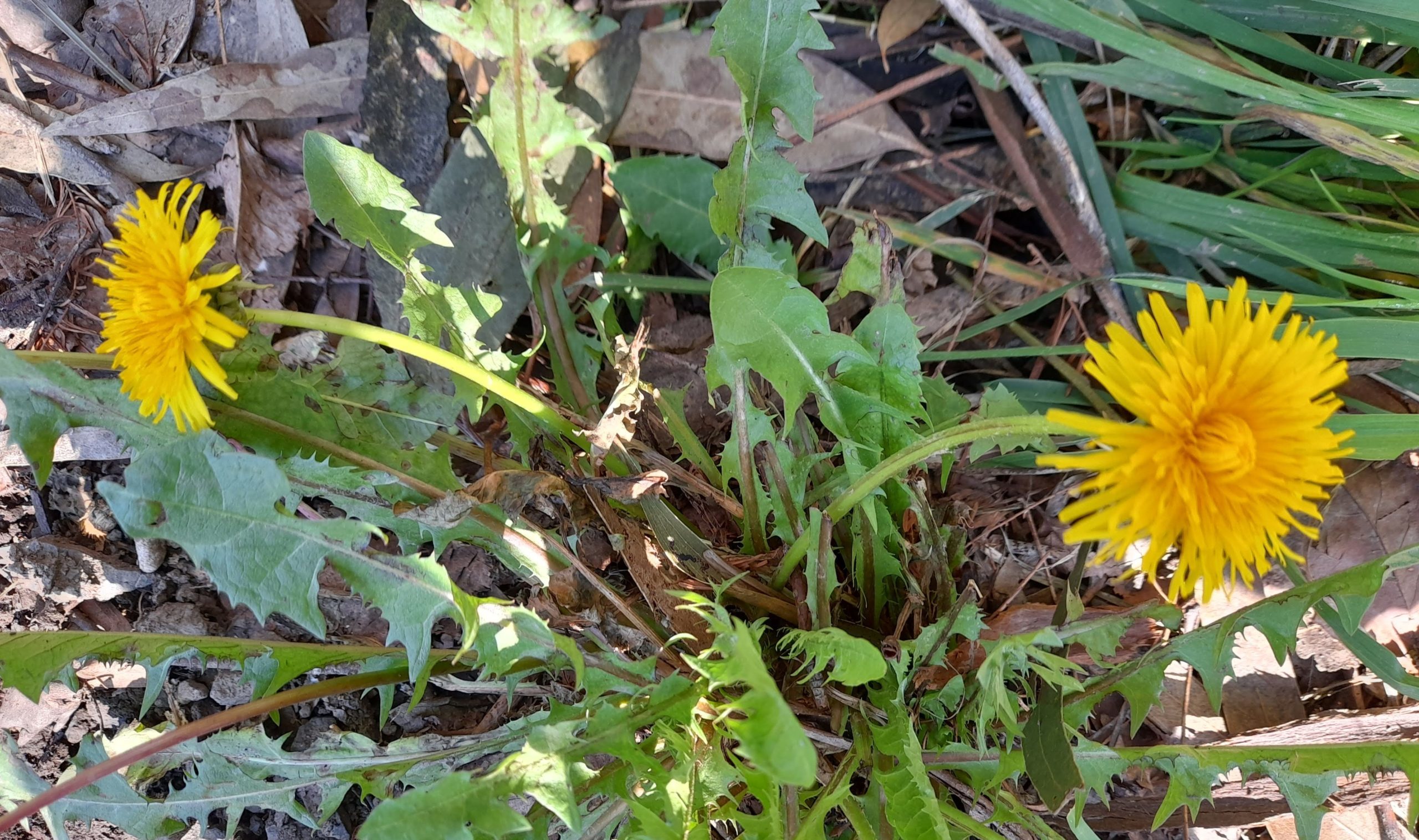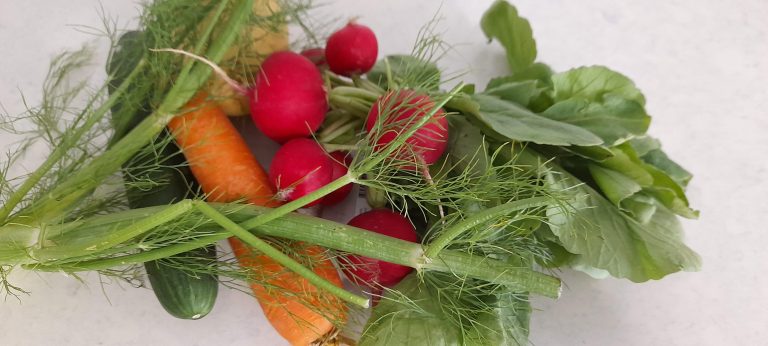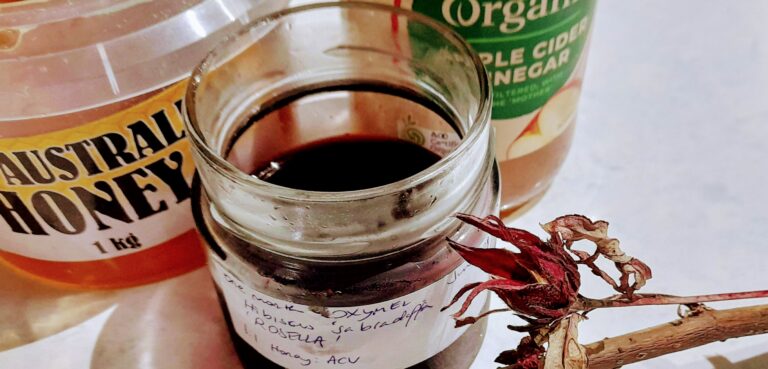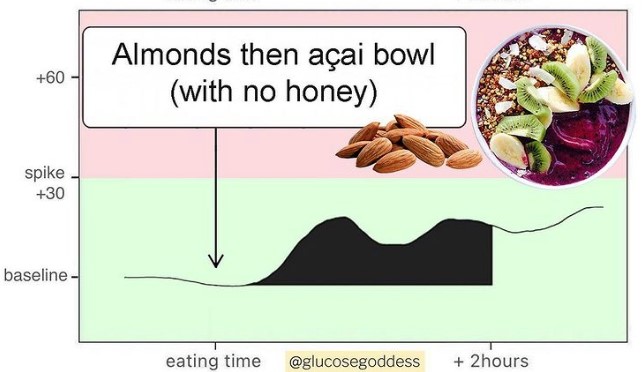Dealing with constipation
I did a trip away in the caravan recently. It was pretty intensive, with 2 days of travel, representing our Indigenous Plants for Health Association and helping cater at a Field Day- and a whole lot of stress! I was outdoors in the cold, meeting a lot of new people, learning a new environment, (and also dealing with some very old, somewhat unpleasant toilets).
So I became the victim of that common stress nemesis – Constipation! It was pretty yucky…
I was thankful that – for me in this instance – it was situational. Lots of people aren’t so lucky.
Plus I know what works to treat the symptoms naturally AND what to do to get my gut health back.
But I know I’m lucky – constipation affects 1 in 4 Australians, and the most common type
is functional constipation.
Constipation is complex
There are multiple causes of constipation. They range from functional constipation caused by dehydration through to gut health issues like IBS (irritable bowel syndrome). Constipation can also be a signal of deeper, underlying metabolic problems like hypothyroidism or cancer.
So “taking a laxative and soldiering on” could leave your deeper health issues unidentified and untreated – as well as making your life miserable.
What is constipation?
Most ‘medical’ models suggest the definition is when bowel movements occur three or fewer times per week and are difficult to pass. Naturopathically speaking we prefer an ideal of one to three easily passed ‘formed’ bowel movements per day. High expectations, you say? Maybe so, but perhaps this is why in our western world we have an epidemic of metabolic diseases including bowel and rectal cancers.
In Naturopathy, we refer to the ‘gut’ as the source of wellness or disease. The ‘gut’ includes all your digestive organs including your liver, pancreas, mouth, stomach, mind, small and large bowel and so on. This concept has been around long before ‘modern medicine’. Hence your Naturopath’s seemingly extreme interest in your poo and what this can reveal about your innermost workings! Is it pale, is it dark, is the passing comfortable, how often and on and on.
Natural remedies can help constipation
There are 4 key herbal medicines that assist in managing constipation. These medicines have a strong evidence base confirmed by real research.
In combination or individually, they may act as effective laxatives AND at the same time help address many of the background problems contributing to the problem. They are:
- Cascara (Frangula purshiana)
- Dandelion (Taraxacum officinale)
- Licorice (Glycyrrhiza glabra)
- Peppermint oil (Mentha piperita)
Together, they can help to to alleviate constipation by increasing lower gut motility (the muscle pulses that move food through your gut) and the bile flow (which breaks down your food, particularly fats), while also providing soothing protection to your lower gut and its delicate mucous membranes.
The part of the plant is important: dandelion root is usually used for constipation (whereas the leaves are used as a medicine for urinary issues). Herbal medicine utilises specific doses of the plant material to have a particular effect on the individual. This is determined by your individual constitution, your age, any medications you take and other factors like your eating pattern, sleep regime and so on. Licorice root needs to be used wisely in the correct form so as to reduce possible side effects like increased blood pressure. Peppermint oil needs to be used carefully as it can make reflux worse.
So find specific advice for your situation from a well qualified Naturopath/Herbalist. With so many manufacturers on the band wagon it is imperative to source quality products that are free from potentially ineffective or toxic compounds. Let’s support people and products that help keep our planet well.

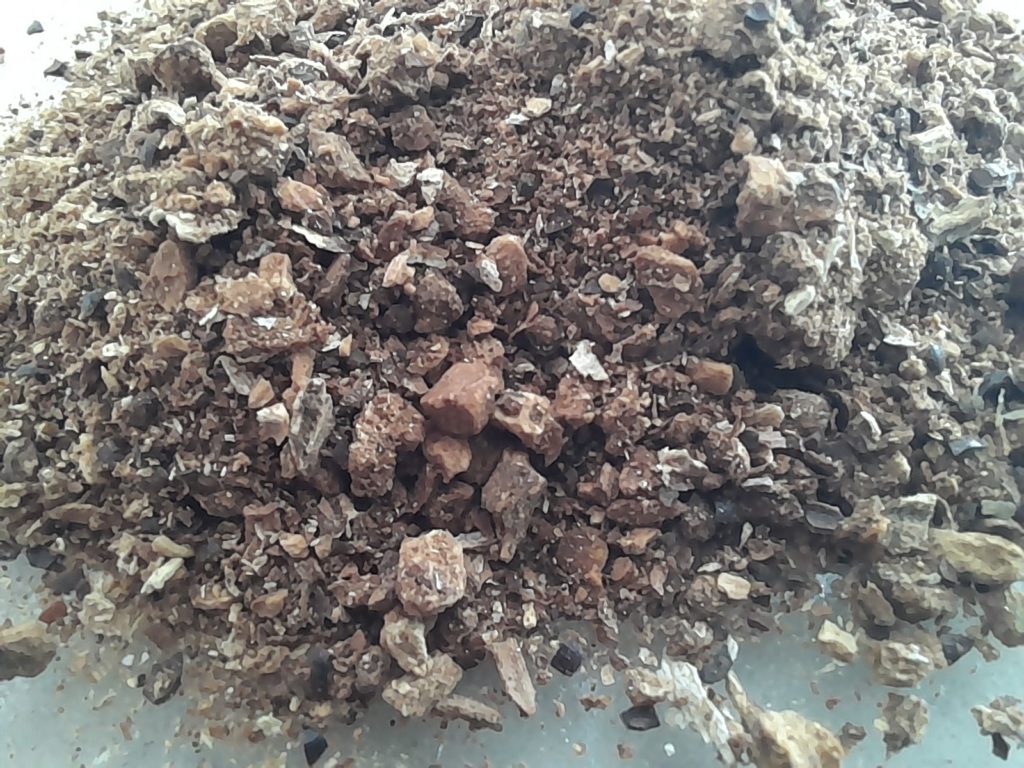
Don’t neglect your gut health
Chronic constipation points to a problem – whether it’s poor gut health or the possibility of life-threatening diseases.
So take the time to investigate the causes and how you can improve your gut health. Often this can be done with lifestyle changes – or treating underlying issues if they have been identified.
The top lifestyle changes are good protection against everything from depression to Alzheimer’s – so they pay off in better long term health.
Dietary changes like increasing your fluids and fibre can make a difference. More fibre can be tasty, with treats like these gluten-free Seed and Nut Crackers. Different types of fibre (prebiotics) feed the bacteria in your gut so they can help your bowels work well.
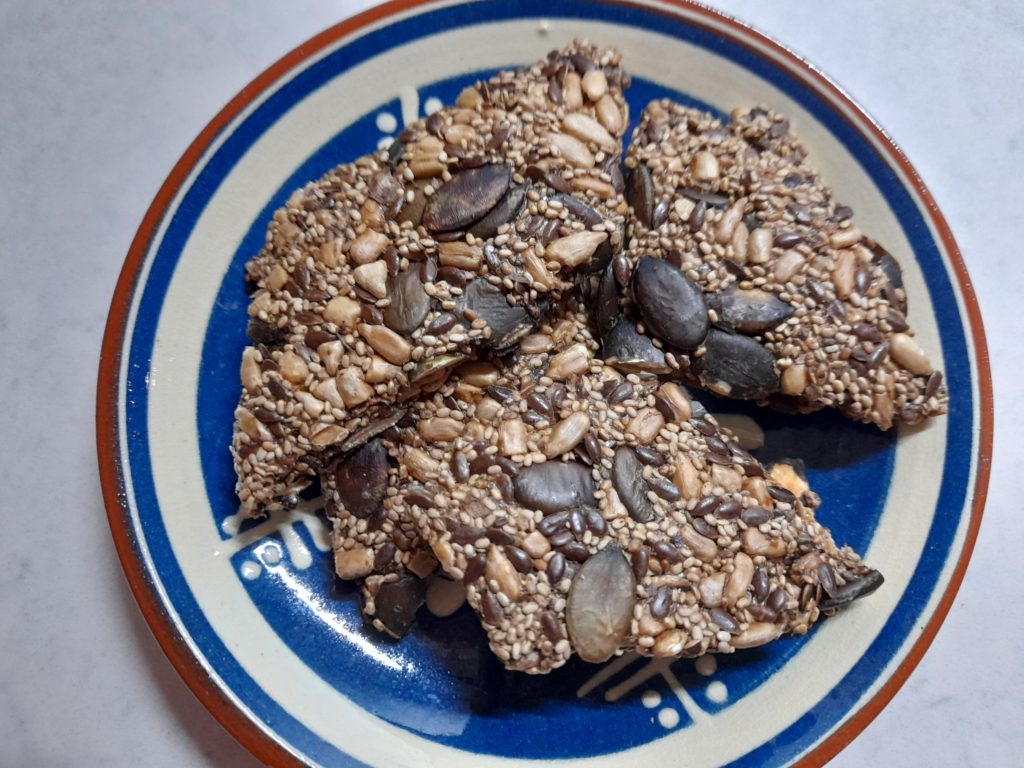
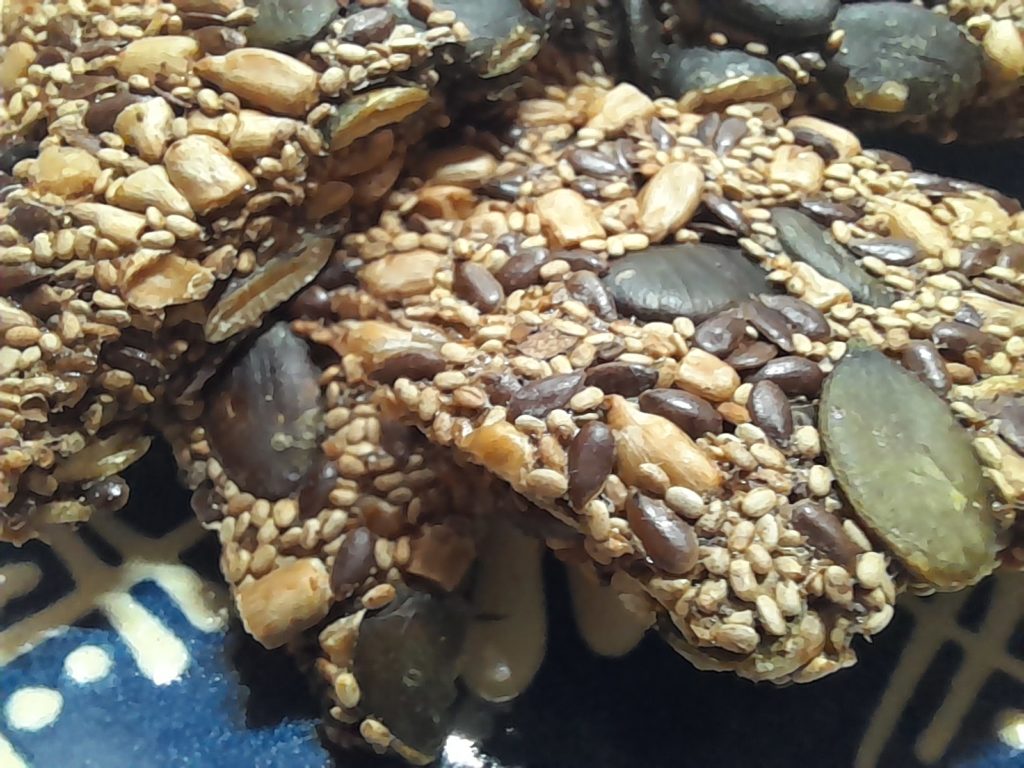
Lifestyle changes like increased exercise are often also helpful. As I’ve written before, exercise is a “magic pill” for overall health and wellbeing – it helps with everything from constipation to cancer treatment recovery to improved mood.
Sometimes, a quality probiotic can help restore gut function after a course of medication – such as antibiotics or opiates. Fermented foods and fibre also benefit good bacteria in your gut to help them and you shine.
Treating chronic constipation needs a holistic approach
It’s worth getting expert advice if you live with chronic constipation. You may be living with deeper problems that could be resolved.
As a naturopath, my approach is to treat you as a whole person. I’m a “health detective” exploring all the clues and possibilities to find the right treatments to improve your quality of life.
If your gut is making your life miserable – get in touch through my Contact Page for expert advice on ways to improve your health and happiness.

